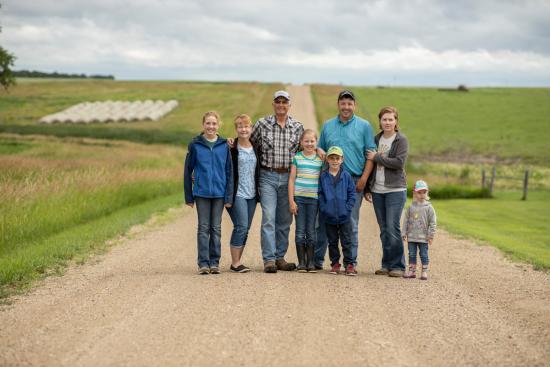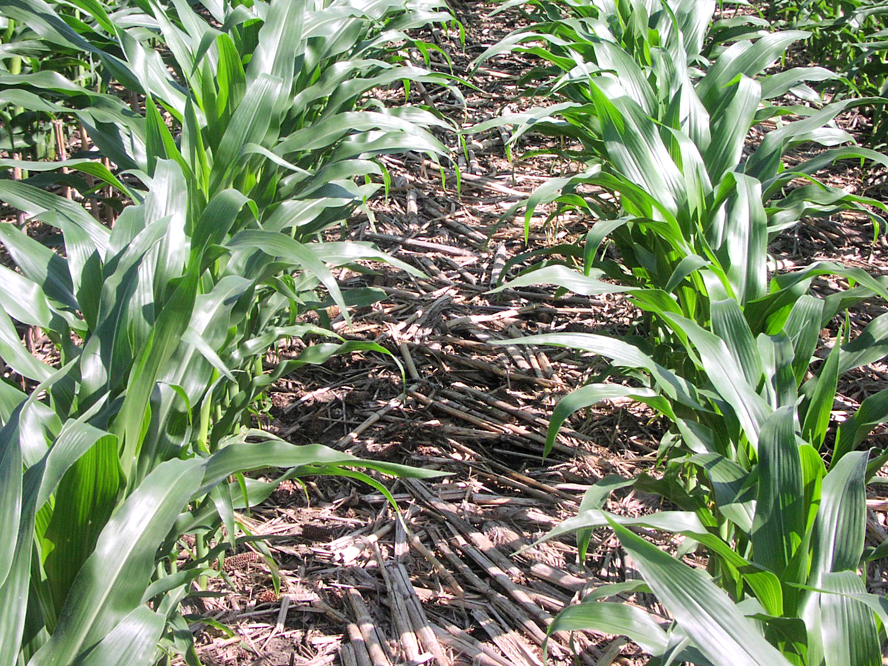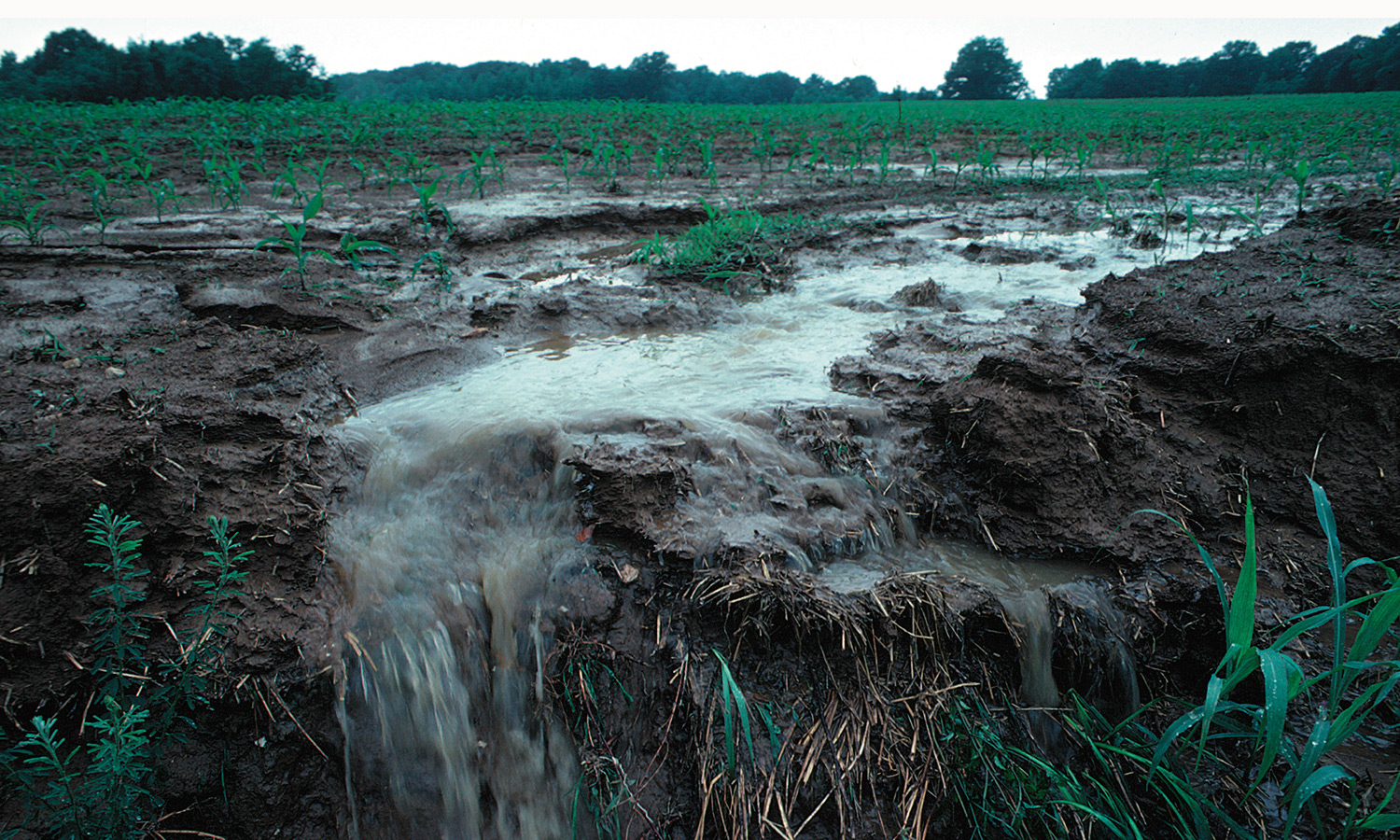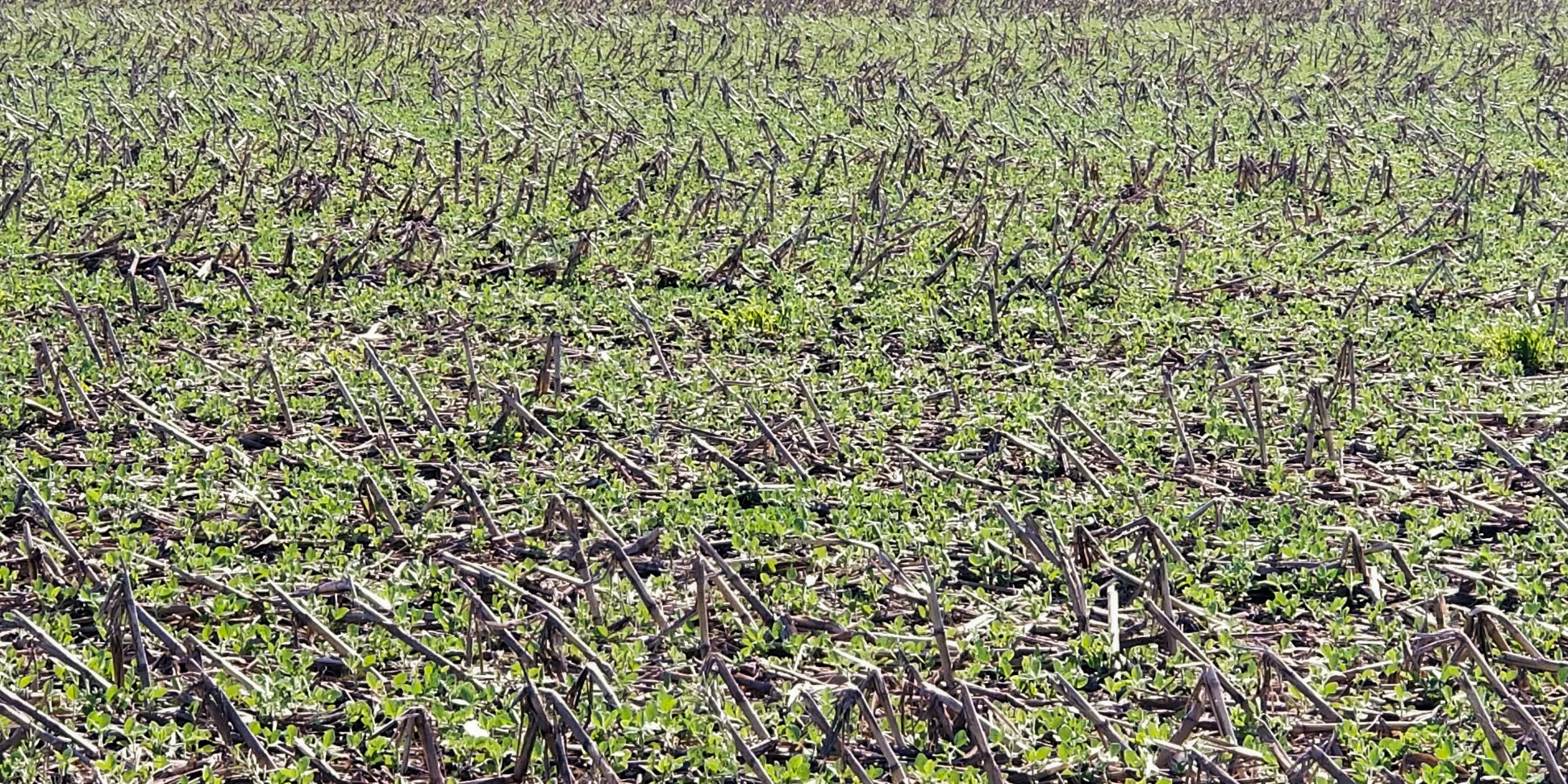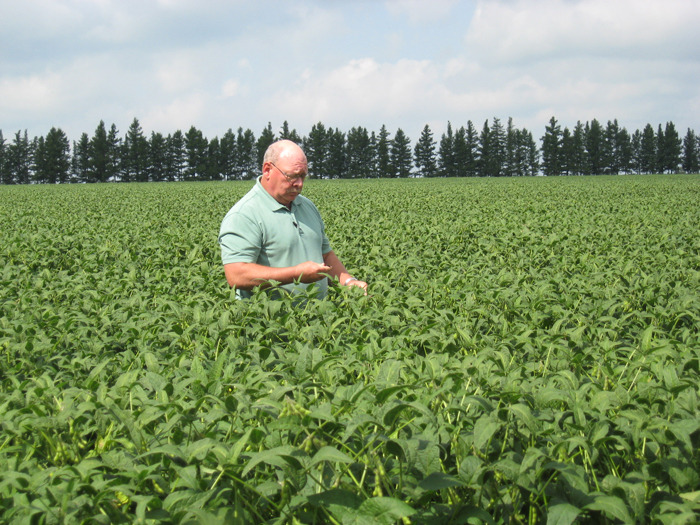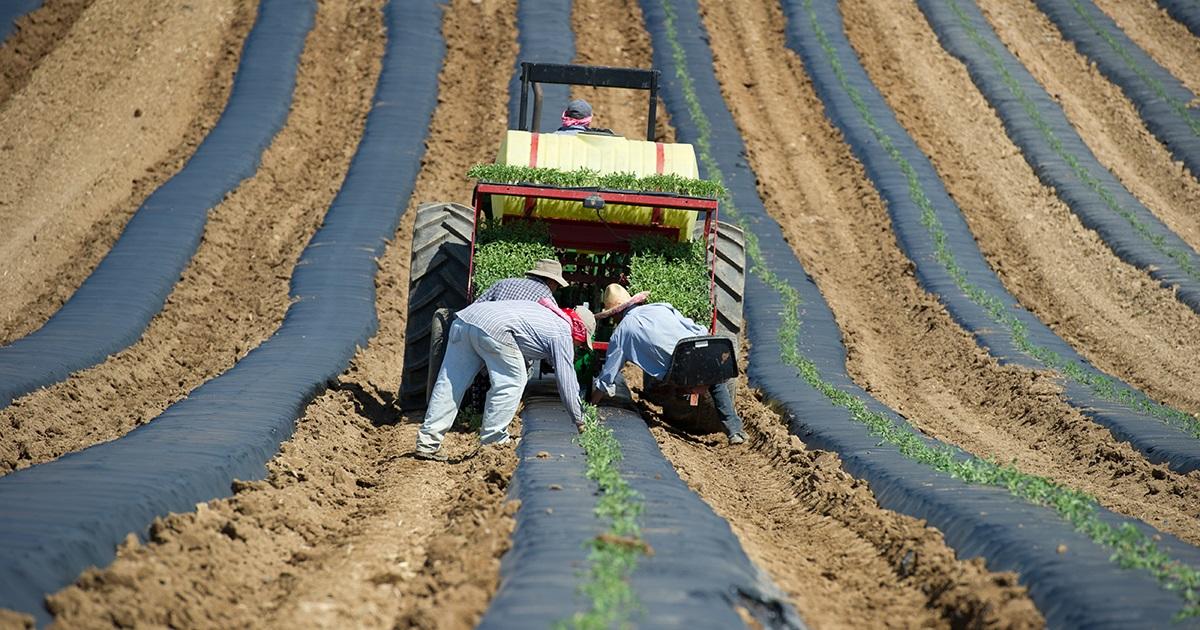03/08/2021 SOURCE: www.thetelegraphandargus.co.uk
MORRISONS has pledged to become the first supermarket to be completely supplied by ‘zero emission’ British farms by 2030 – five years ahead of…
Morrisons pledges to have first net zero carbon British farms by 2030
-
(0)
-
Bookmark
- Comments. (0)
Topics: Soil Health, Agriculture US, Cover Crops, Conservation/Tillage,
No-till saved their farm
Frustrated by back-to-back years of drought, Alan Johnson bucked a trend 40 years ago and tried his hand at no-till. It made all the difference.
-
(0)
-
Bookmark
- Comments (0)
 John LaRose Jr.
John LaRose Jr.
Topics: Soil Health, Agriculture US, Conservation/Tillage, Water, Economics, Sustainability, Government / Policies,
SWCD recognizes conservation efforts of local farm families
The Clayton Soil & Water Conservation District (SWCD) recognized the outstanding conservation efforts of local farm families during its Dec. 3 meeting. This year’s award winners showcase a variety of conservation efforts and each recipient provides an outstanding example of what people can do to protect the natural resources enjoyed in northeast Iowa. The awards program is
-
(0)
-
Bookmark
- Comments (0)
-
(1)
-
Bookmark
- Comments (0)
02/26/2021 SOURCE: blog.ucsusa.org
Iowans have long prized their state’s deep, rich soils and its position as an agricultural powerhouse. In the heart of the Corn Belt, its farmers lead the nation in corn acres planted, and come in second in soybean acres. But there’s a dark side to all that: Decades of intensive, industrial-style pr
To Save Its Soil and Clean Up Its Water, Iowa Needs to Act Fast(er)
-
(0)
-
Bookmark
- Comments. (0)
02/24/2021 SOURCE: www.no-tillfarmer.com
National Geographic magazine recently did an in-depth article on what’s threatening the health of the five Great Lakes. The magazine is read by 3.5 million U.S. readers and in it no-till was blamed for the poor water quality and algae blooms that are choking the life out of Lake Erie.
When National Geographic Writers Condemned No-Till as the Culprit Behind Lake Erie’s Poor Water Quality and Algae Blooms, They Got it Totally Wrong
-
(0)
-
Bookmark
- Comments. (0)
 John LaRose Jr.
John LaRose Jr.
Topics: Soil Health, Agriculture US, Crop Consultant, Agriculture Global, Education U.S. MidWest, Conservation/Tillage, World Population, Regenerative Agriculture,
No-till practices in vulnerable areas significantly reduce soil erosion
URBANA, Ill. – Soil erosion is a major challenge in agricultural production. It affects soil quality and carries nutrient sediments that pollute waterways. While soil erosion is a naturally occurring process, agricultural activities such as conventional tilling exacerbate it. Farmers implementing no-till practices can significantly reduce soil erosion rates, a new University of Illinois study shows.
-
(0)
-
Bookmark
- Comments (0)
 John LaRose Jr.
John LaRose Jr.
Topics: Soil Health, Agriculture US, Agriculture Global, Conservation/Tillage, Research, Regenerative Agriculture,
Dr. Franzen To Address Stratification Of Acidity In No Till Soil
NDSU professor and Extension Soil Specialist Dr. Dave Franzen, will be speaking about soil acidification at the National Hard Spring Wheat Show starting at 11 a.m. CST, Wednesday, Feb. 10 in Williston. Dr. Franzen has done extensive research on site-specific nutrient management, soil fertility, soil and nutrient loss caused from wind erosion. He r...
-
(0)
-
Bookmark
- Comments (0)
02/03/2021 SOURCE: www.nrdc.org
Scientists are showing that we are sending tons of tiny plastic particles into our soils each year, potentially affecting crops and our health.
A Growing Concern: Microplastic Pollution on Farm Fields
-
(0)
-
Bookmark
- Comments. (0)
02/01/2021 SOURCE: www.pantagraph.com
-
(0)
-
Bookmark
- Comments. (0)



